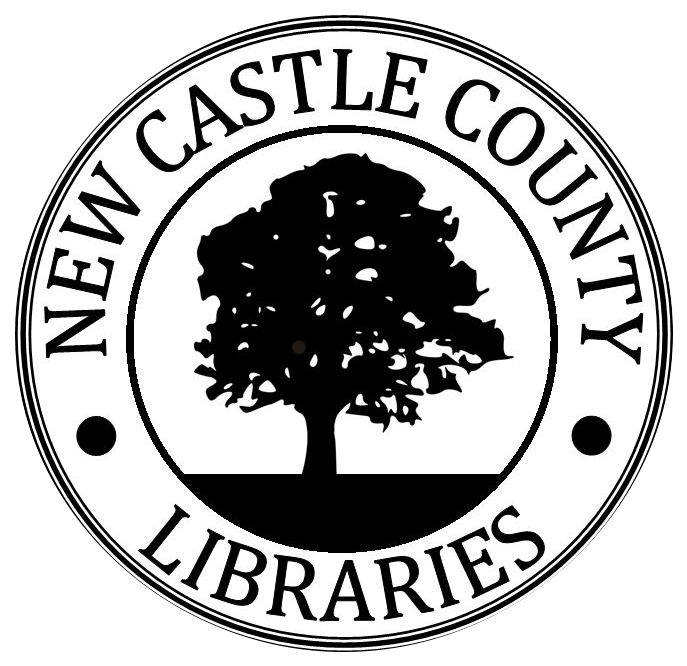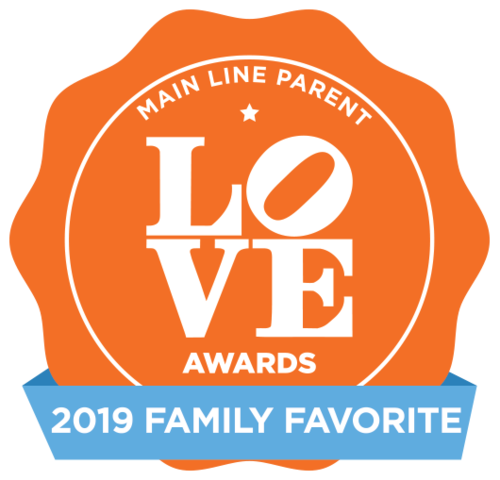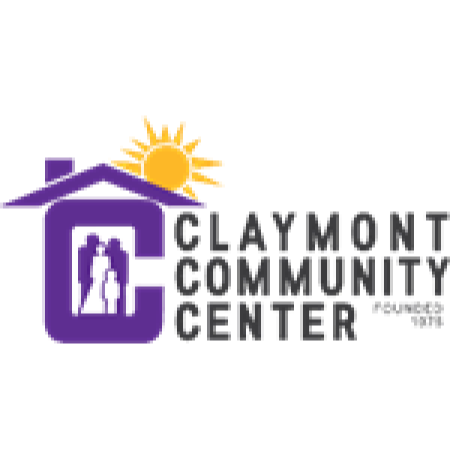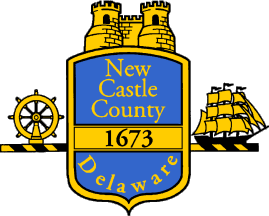Universal Language, Pt. 2
/Without realizing the significance of the synchronicity, it was around this time that I began to develop a sincere interest in foreign languages. I had always been intrigued by them. At the age of six, I discovered two Berlitz travelers’ courses on cassette tape that belonged to my father, one in Italian and the other in Russian. The Italian program made sense to me since my father’s family hailed from Abruzzo, but I couldn’t account for the Russian one. I opened to the first page of phrases and saw this: “Это мой первый визит в Советский Союз”. Fascinated by the mysterious glyphs of the Cyrillic alphabet, I decided it was imperative to find out what kind of sounds could be paired with such an enigmatic script. I chose to memorize that sentence, which was Romanized thus: Eto moy perviy vizit v Sovetskiy Soyuz—“This is my first visit to the Soviet Union.” That was 1990. I could not have had any idea that in only one year this phrase would be rendered completely useless, but even if I’d known I probably still would have learned it. I had no concept of the political undertones of the Russian language, especially at that time, nor did I understand what the Soviet Union was. All I knew was that I was hooked on this incredible phenomenon—using different words, different phonology, and even different letters to communicate the same idea in my own tongue, like slowly decrypting a secret code. I played the tape and read its companion booklet ad nauseam, until I could repeat each prompted phrase before the native speaker did. I didn’t know at the time that learning phrases by rote was not an effective way of learning a language, just like only playing notes exactly the way they’re written.
I never did become fluent in Russian, though I can still read the Cyrillic alphabet. Regardless, my exposure to those Berlitz tapes managed to light the spark of interest, and by the time I was 14 and concurrently becoming well versed in jazz piano, I began studying Spanish. I had never before taken to a school subject so readily. In high school I took Spanish I as a freshman and finished Spanish IV as a sophomore, though because AP Spanish was inexplicably cancelled the following year, I would be forced to take a hiatus until I became a senior. During my junior year without Spanish, I took it upon myself to learn as much about whatever other languages I could practice. I was fortunate to attend a charter school with a very international student body; nearly 40% of my classmates were foreign born. I would canvass many of my friends about their native tongues, and from them I would piece together bits of information until I could reach a very rudimentary level of proficiency. I still remember the conversational basics of Korean, German, Hindi, Polish and Hebrew. After school I would learn the basics of Latin and Ancient Greek from my art history teacher, who had a Master’s degree in Classics. During lunch I would often take my tuna salad sandwich into the classroom of my world history teacher to practice Italian. I believe Mr. Stella habitually sacrificed his own lunch break to teach me utilitarian phrases and verb conjugations because of a kinship he felt for me: his parents had been born one village over from my grandparents’ hometown in Abruzzo.
By the end of high school I had become a full-fledged language nerd. Having been surrounded for several years by kids my age and younger who did differential equations for fun and programmed new applications for their graphing calculators, I had no compunction about joining the fold in my own way. Objectively, this would have seemed a rather sad and lonely existence, but for the fact that I had a serious girlfriend with whom I spent an equal amount of my free time. She was even more intellectually ambitious and enterprising than I was; she belonged to more clubs than I could count, she was in the highest-level math and science classes (and has since gone on to be a geneticist), and she even painted and wrote beautiful poetry. She was also from Shanghai, and as I became more enamored of her, I found myself increasingly interested in the Chinese language, which I spent almost the entire sophomore summer learning. Even I think that’s pretty sad, looking back on it now. Compounding this was the embarrassing revelation that she and her family spoke Shanghainese, not the Mandarin Chinese I’d been studying, and which was essentially a completely different language. Though she and I have long since gone our separate ways, my fascination with Chinese language and culture abides, and I know that the current trajectory of my life was irreversibly propelled by my time spent with her and among my other high school companions.
In a way I also consider myself lucky to have attended a high school which since its inception has shared its premises with Cab Calloway School of the Arts, many alumni of which have gone on to have successful careers in music, theater and visual arts. Two of them had been my friends since first grade. One ended up at Juilliard, and the other made it to Broadway. Others have done improv with the Groundlings, studied at the Actors Studio and joined conservatories like the Peabody Institute, the alma mater of my first piano teacher. In exchange for allowing Cab Calloway students to take calculus and physics classes at my charter school, we were similarly permitted to take some of their music and art classes as electives. Halfway through sophomore year I joined the band as a percussionist. In middle school I had been first chair almost exclusively; now, among the ranks of the best in the state, I was so far down the roster that I was lucky to be able to ding a triangle or whack a tambourine ninety measures into a concerto. Still, I could feel for the first time how powerful the weaving together of unique individual sounds could be, especially when produced on beautiful instruments by musicians who would go on to join professional symphony orchestras and play with famous artists. I was proud to share the stage with them during our performances, which were often attended by local enthusiasts who had no connection otherwise to the school. The Cab Calloway band was that renowned. During one concert in particular I played a set of huge log drums on a contemporary suite inspired by the music of Africa, with its intricate polyrhythm and syncopations—the same modalities that underpin the ragtimes of Scott Joplin. As the suite progressed, I could actually see the expression of the audience members change, as though we were not just entertaining them but actually getting something across to them. They appeared to fall into a trance. Through this music we seemed to be tapping into some primal region of the human psyche and providing a kind of ineffable, primordial communication, and we all sensed it too. It was actually amazing, and I’ve never forgotten that evening.
In college I majored in Foreign Language and Literatures, studying world languages and history, and consuming foreign prose and poetry. During my freshman and sophomore years I took advantage of study abroad programs in Costa Rica and Italy, respectively. Aside from my primary goal of learning Spanish and Italian, I somewhat less deliberately acquainted myself with the acoustic guitar. Facing a dearth of pianos in Costa Rica but still needing some kind of creative expression, I bought a cheap nylon-string classical guitar at the San Pedro Mall and spent every free moment practicing scales and chord changes. Most of the songs I learned during that year were traditional and modern popular Latin songs, mainly so that my host family could sing along. The famous nineteenth-century Mexican tune “Cielito lindo” was my host mother’s favorite. I spent winter and spring of the following year in Siena, a beautiful Medieval city in Tuscany at the southern limit of the Chianti region, though my study group and I traversed the majority of the peninsula from Turin to Reggio di Calabria. I was surprised to find that in the country where the piano was invented, I couldn’t find a single one. I likewise turned to the guitar, specifically that of my Italian host mother, a mildly churlish divorcée originally from Sicily. Although she seemed visibly burdened by the foreign students she was financially obligated to host, she eventually warmed to me after I began learning to play Italian songs on her classical guitar. I learned a famous Sicilian folk song called “Lu sciccareddu.” I think this meant a lot to her, as the song is an unofficial anthem of her homeland of Sicily. Only after I learned it did I discover that in The Godfather, Part II the young Vito Corleone sings it to himself as he waits in a quarantine cell at Ellis Island in 1901. My host mother’s boyfriend was a congenial man from Avellino who taught me to play and sing many classic Neapolitan songs, like “‘O sole mio” and “Luna mezz’o mare.” I continued thereafter to flesh out my repertoire of world folk music. As I collected a small personal library of traditional pieces from Spain, Austria, Ukraine, and several others, I began to experience for the first time the power of joining language and music.






